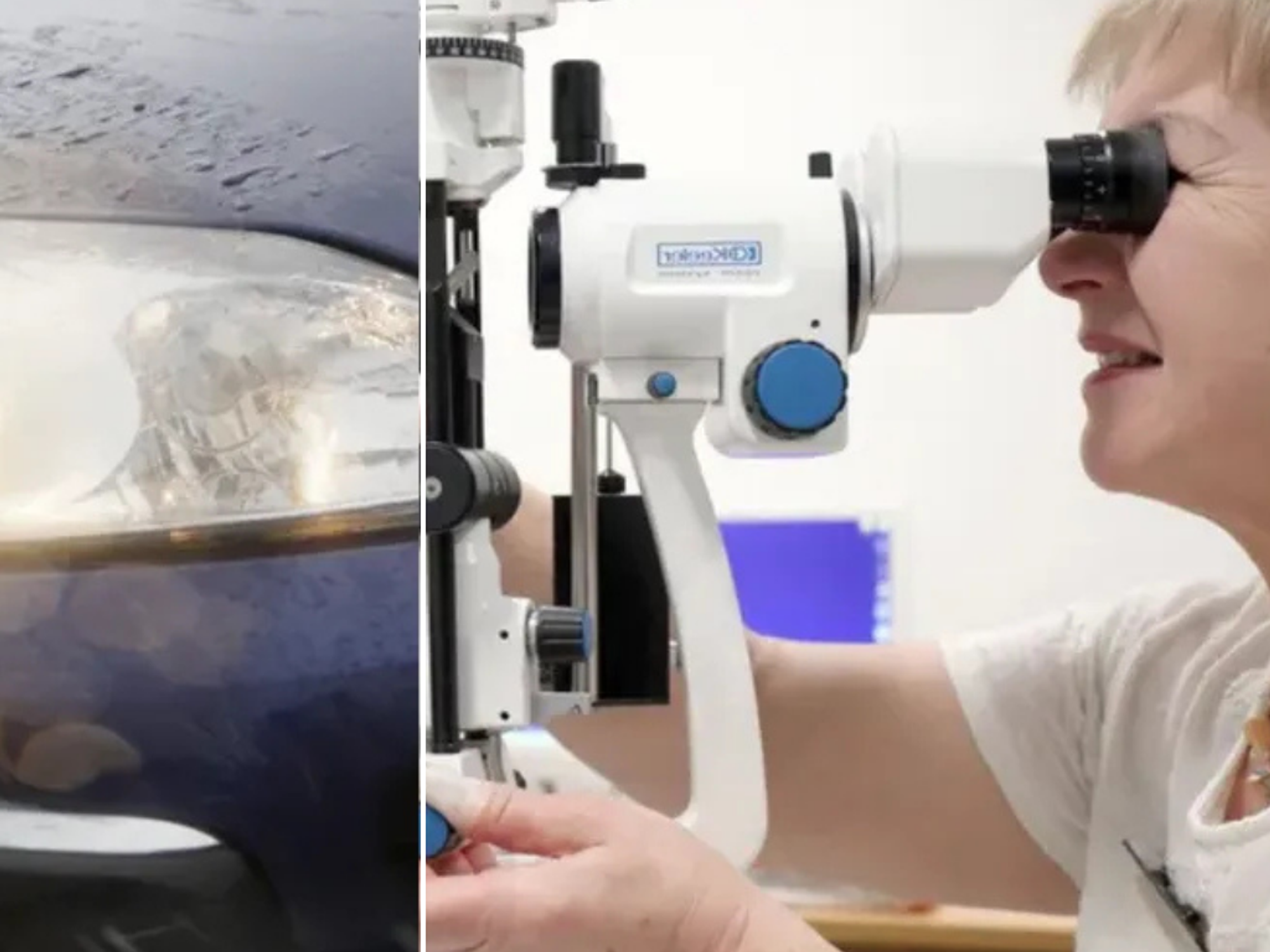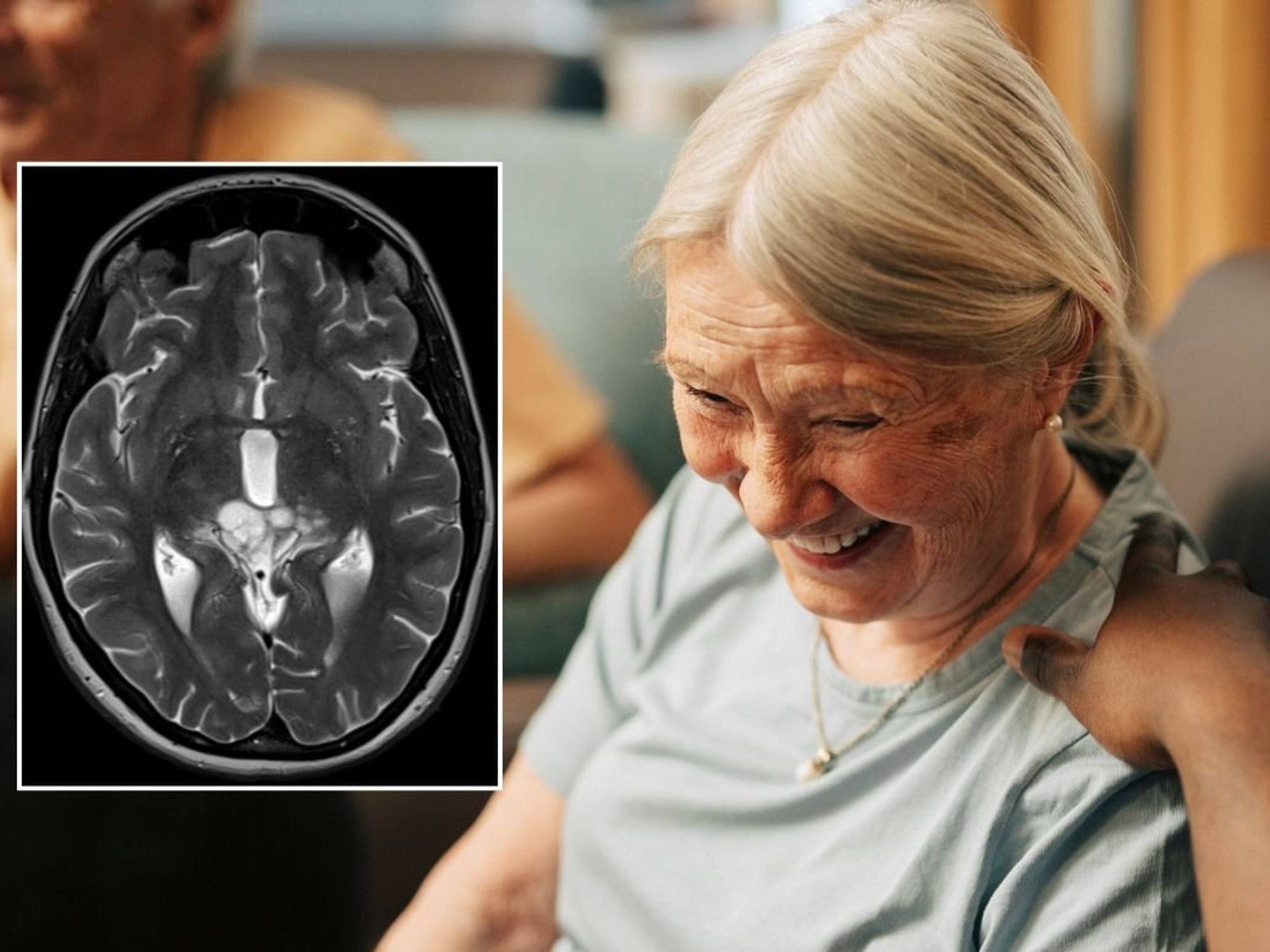'I'm a doctor and these are the two signs of high cholesterol I always look for on a patient's face'
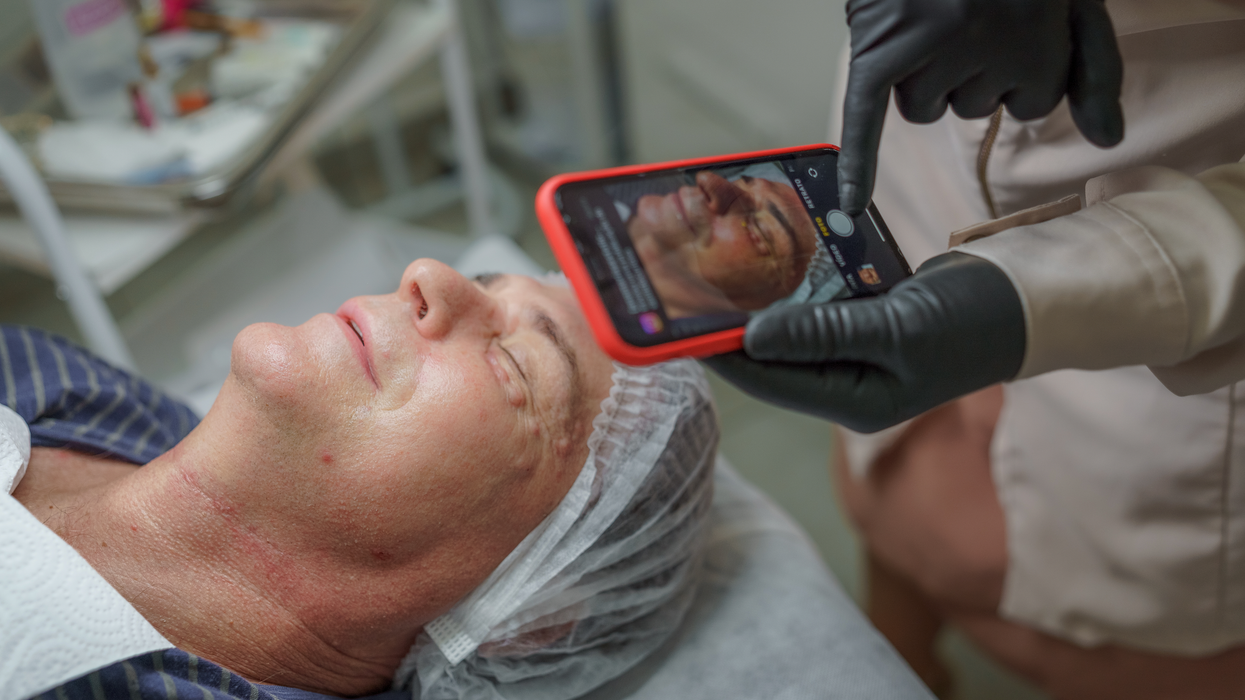
if you have familial hypercholesterolaemia, high cholesterol can burst into view
|Getty Images

If left untreated, high cholesterol can lead to heart attack and stroke
Don't Miss
Most Read
A top doctor has revealed the two warning signs of high cholesterol he always looks for on the face.
Having too much of the fatty substance in your blood does not typically produce visible signs.
However, if you have familial hypercholesterolaemia, high cholesterol can burst into view.
FH is an inherited condition that means a person's cholesterol levels are higher than normal from birth.
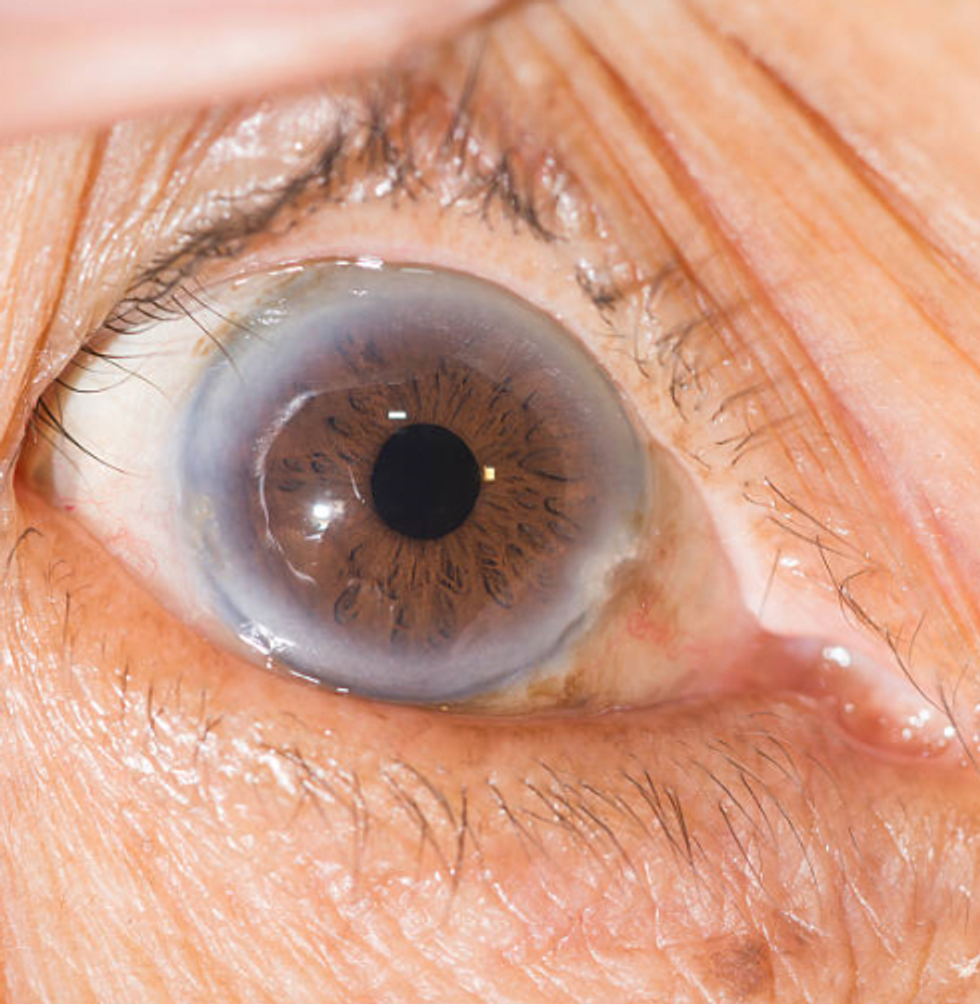 One ocular sign of high cholesterol is a 'bluish ring' that forms near the outside of the cornea | Getty Images
One ocular sign of high cholesterol is a 'bluish ring' that forms near the outside of the cornea | Getty ImagesGiven that high cholesterol can increase the risk of having a heart attack or stroke, it is imperative to heed the warning signs.
So, what are they? According to Doctor Matthew Bovenzi, Chief of Advanced Care of the University Eye Center (UEC), your eyes hold clues.
One sign is a "bluish ring" that forms near the outside of the cornea, the otherwise clear, front part of the eye, the doc says.
These rings, called “arcus senilis,” appear most commonly with age as more cholesterol gets deposited into the cornea, he explains.
"Arcus senillis is benign and does not interfere with vision, however it may signal high cholesterol," Doctor Bovenzi said.
According to the doc, small, soft, yellowish elevations of skin above the eyes and near the nose, called xanthelasma, can also signal high cholesterol levels.
These are also "benign" though they can - but not always - indicate high cholesterol, he says.
Research suggests approximately half of individuals with xanthelasma exhibit abnormal cholesterol levels.
LATEST DEVELOPMENTS
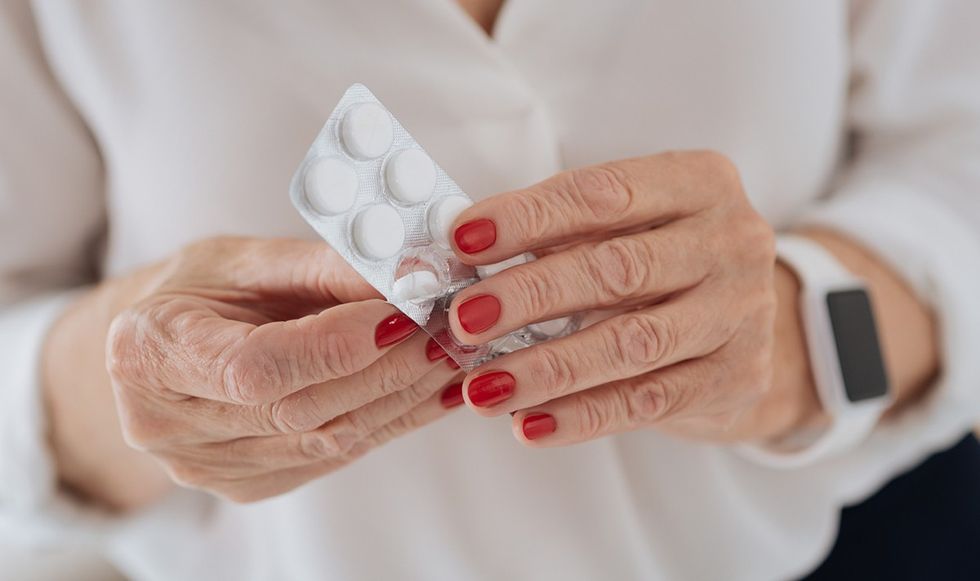
If you have FH, you will need treating with medicine to bring your cholesterol levels down
| Getty ImagesWhat to do following a diagnosis
The only way to know for sure is to have a blood test for your cholesterol levels.
If you receive a diagnosis, you will usually be required to make lifestyle changes to bring levels back under control.
The NHS says you can lower your cholesterol by eating healthily and getting more exercise. Some people also need to take medicine.
If you have FH, you will need treating with medicine to bring your cholesterol levels down to a healthier level, says Heart UK, adding that statins are "usually enough".








